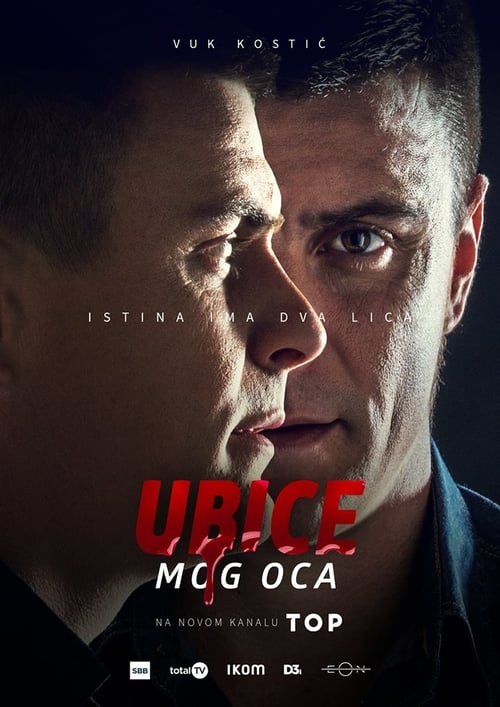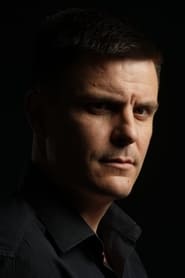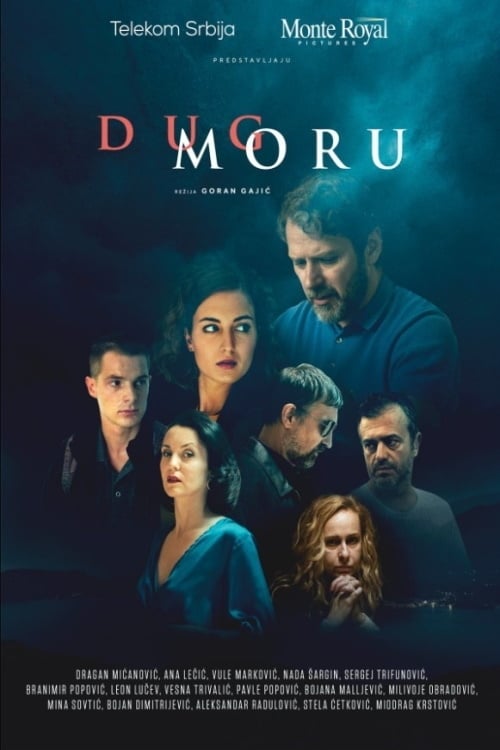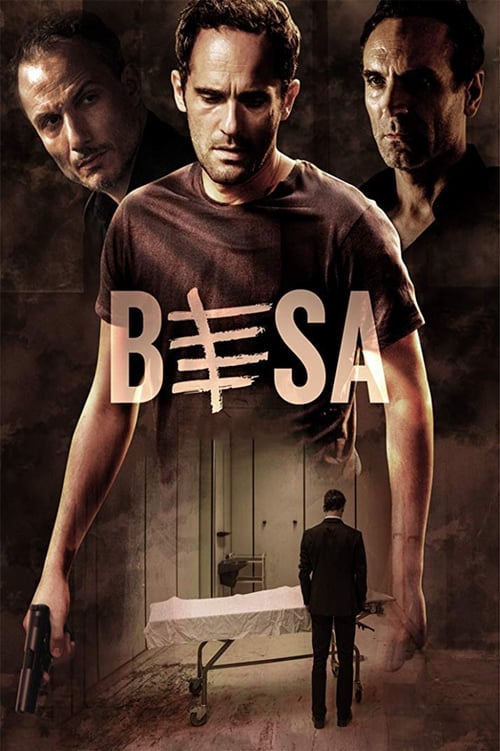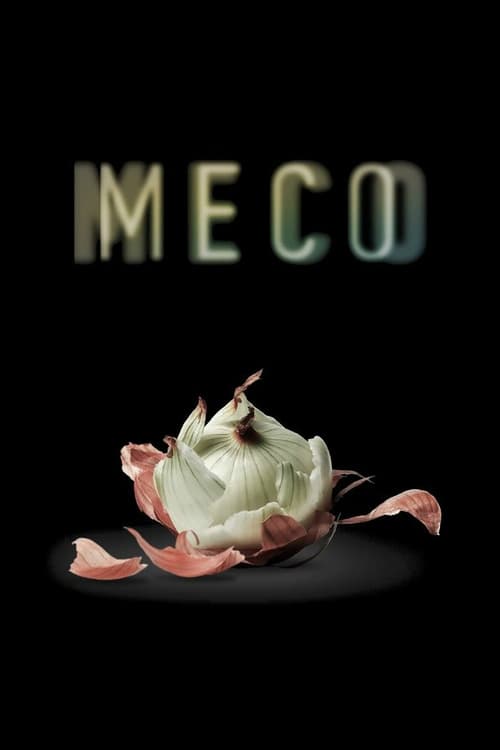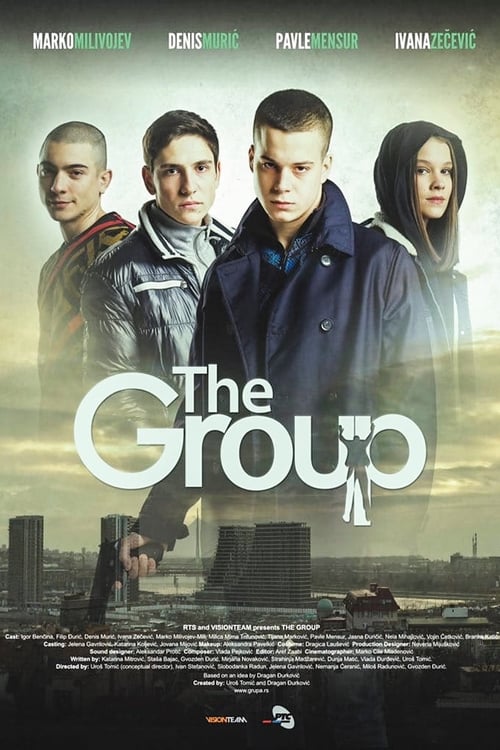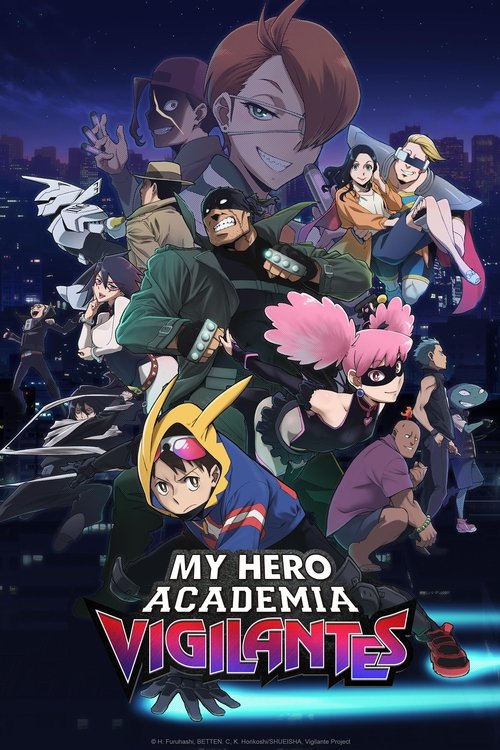
Ask Your Own Question
What is the plot?
In the opening of Season 2 of "My Father's Murderers," the narrative picks up with the protagonist, a determined son seeking justice for his father's murder. He is seen poring over old case files and photographs, his face a mask of frustration and grief. The weight of his father's unsolved murder hangs heavily on him, driving him to revisit the crime scene, a dilapidated alley where the incident occurred. As he stands there, memories flood back, and he feels a mix of anger and sorrow, vowing to uncover the truth.
The next sequence introduces a new character, a seasoned detective who has taken an interest in the case after hearing about the son's relentless pursuit of justice. They meet in a dimly lit diner, where the detective shares insights about the investigation, revealing that there are leads that were previously overlooked. The son listens intently, his hope rekindled as the detective mentions a potential witness who had been too afraid to come forward. This meeting ignites a new sense of purpose in the son, who decides to track down this witness.
The son embarks on a journey to find the witness, visiting various locations that the detective suggested. He interviews several people in the neighborhood, each encounter filled with tension as he navigates their reluctance to discuss the murder. One elderly woman finally reveals that she saw a suspicious figure near the scene on the night of the murder. Her description is vague but enough to give the son a lead. He feels a surge of determination, knowing he is one step closer to the truth.
As the investigation deepens, the son faces increasing threats from those who want to keep the past buried. He receives anonymous messages warning him to stop digging into his father's murder. These threats escalate, leading to a confrontation where he is cornered by a group of men who intimidate him, demanding he abandon his quest. The son stands his ground, fueled by the memory of his father, and manages to escape, but the encounter leaves him shaken and more aware of the dangers he faces.
In a pivotal moment, the son finally tracks down the potential witness, a young man who was present during the murder. They meet in a secluded park, where the atmosphere is tense. The young man is visibly scared, glancing around as if expecting someone to appear. After some coaxing, he reveals critical information about the night of the murder, including the identity of one of the assailants. The son feels a mix of triumph and dread, knowing that this information could lead to justice but also put them both in danger.
The son decides to confront the identified assailant, leading to a tense showdown. He finds the man at a bar, where the atmosphere is thick with tension. The son approaches him, demanding answers. The confrontation escalates into a physical altercation, with the son fueled by rage and desperation. They exchange blows, and the son manages to overpower the assailant, pinning him down. In this moment, he demands to know why his father was killed. The assailant, realizing he is cornered, reveals a shocking twist: the murder was part of a larger scheme involving corruption and betrayal within the community.
With this new information, the son realizes he must go public with the story to protect himself and the witness. He contacts a local journalist, who agrees to help him expose the truth. They work together to gather evidence, interviewing other witnesses and compiling a dossier that reveals the extent of the corruption. The son feels a renewed sense of purpose, knowing that he is not just fighting for his father but for the community that has been affected by these crimes.
As the story unfolds, the son faces increasing pressure from those involved in the corruption. He receives threats, and his home is vandalized, but he remains undeterred. The journalist helps him set up a press conference to reveal the findings. On the day of the conference, the atmosphere is electric with anticipation. The son stands before a crowd, his voice steady as he recounts his father's story and the corruption that led to his murder. The emotional weight of his words resonates with the audience, and he feels a sense of catharsis as he finally shares his truth.
The season culminates in a dramatic climax as the authorities begin to take action based on the evidence presented. The son is approached by law enforcement, who inform him that they are launching an investigation into the corruption. However, just as hope seems within reach, the son receives a chilling warning that those behind the murder will stop at nothing to silence him. The season ends on a cliffhanger, with the son looking out over the city, a mix of determination and fear etched on his face, as he prepares for the battle ahead.
What is the ending?
In the ending of "My Father's Murderers" Season 2, the protagonist, who has been on a quest for justice and closure regarding his father's murder, confronts the individuals responsible for the crime. The climax unfolds in a tense confrontation that reveals deep-seated emotions and unresolved conflicts. Ultimately, the protagonist finds a sense of resolution, but it comes at a significant emotional cost. The series concludes with a poignant reflection on loss, vengeance, and the complexities of familial ties.
As the final episodes unfold, we see the protagonist, driven by a mix of anger and sorrow, preparing for the confrontation he has long anticipated. The atmosphere is thick with tension as he gathers information about the murderers, piecing together the fragmented details of his father's death. Each revelation weighs heavily on him, fueling his determination but also deepening his internal struggle.
In a pivotal scene, the protagonist tracks down one of the key figures involved in his father's murder. The setting is dark and foreboding, a stark contrast to the memories of his father that haunt him. As he approaches the individual, a mix of fear and resolve courses through him. The confrontation is charged with emotion; words are exchanged that reveal not only the pain of loss but also the burden of vengeance. The murderer, initially defensive, begins to unravel under the weight of the protagonist's grief and anger.
The scene shifts to a more intimate setting where the protagonist reflects on his father's life and the impact of his death. Flashbacks intersperse the present, showcasing moments of joy and love that now feel tainted by the tragedy. This emotional turmoil is palpable, as the protagonist grapples with the desire for justice against the reality of what that justice might mean for him personally.
As the climax approaches, the protagonist confronts the remaining murderers in a tense standoff. The setting is fraught with danger, and the stakes are higher than ever. Each character's motivations are laid bare, revealing the complexities of their actions and the ripple effects of violence. The protagonist's internal conflict reaches a boiling point as he must decide whether to seek revenge or to find a way to move forward.
In the final moments, the protagonist makes a choice that reflects his growth throughout the series. He chooses to walk away from the cycle of violence, opting instead for a path of healing. This decision is not made lightly; it is a culmination of his journey, marked by the weight of his father's memory and the realization that vengeance will not bring him peace.
The series concludes with a somber yet hopeful tone. The protagonist stands at a crossroads, looking out over a landscape that symbolizes both the pain of his past and the possibility of a new beginning. The fate of the murderers is left ambiguous, but the protagonist's choice signifies a break from the cycle of retribution. He carries the memory of his father with him, not as a burden of vengeance but as a guiding light toward a future where he can honor his father's legacy in a different way.
In summary, the ending of "My Father's Murderers" Season 2 encapsulates the protagonist's journey from grief to a more profound understanding of justice and healing, leaving viewers with a poignant reflection on the complexities of loss and the choices we make in the face of tragedy.
Is there a post-credit scene?
In "My Father's Murderers" Season 2, there is no post-credit scene. The season concludes with a powerful and emotional finale that wraps up the main narrative threads without any additional scenes after the credits. The focus remains on the resolution of the characters' arcs and the impact of the events that have unfolded throughout the season. The absence of a post-credit scene emphasizes the weight of the story and allows viewers to reflect on the journey of the characters and the themes of loss, justice, and reconciliation that have been explored.
What motivates the main character to seek revenge against his father's murderers?
The main character, driven by a deep sense of loss and betrayal, is propelled by the need for justice and closure. His father's murder left a void in his life, and he grapples with feelings of anger and helplessness. This emotional turmoil fuels his determination to confront those responsible, as he believes that avenging his father's death will restore some semblance of order to his chaotic world.
How does the protagonist's relationship with his family evolve throughout Season 2?
Throughout Season 2, the protagonist's relationship with his family becomes increasingly strained. As he delves deeper into the investigation, his obsession with uncovering the truth alienates him from his loved ones. Tensions rise as they express concern for his safety and mental well-being, leading to heated arguments and emotional confrontations. The protagonist's internal conflict between familial loyalty and his quest for vengeance creates a poignant backdrop for his character development.
What role do flashbacks play in revealing the backstory of the father's murder?
Flashbacks are a crucial narrative device in Season 2, providing viewers with glimpses into the father's life leading up to his murder. These scenes are often emotionally charged, showcasing the father's relationships, struggles, and the events that ultimately led to his tragic fate. They serve to deepen the protagonist's understanding of his father's character and the circumstances surrounding his death, adding layers of complexity to the storyline.
Who are the key antagonists that the protagonist faces in his quest for justice?
The key antagonists in Season 2 are a group of individuals connected to the father's murder, each with their own motivations and backstories. These characters are portrayed with a mix of menace and vulnerability, making them multifaceted adversaries. The protagonist's encounters with them are fraught with tension, as he navigates a dangerous web of deceit and betrayal, ultimately leading to confrontations that test his resolve and moral compass.
How does the setting influence the mood and tone of Season 2?
The setting plays a significant role in shaping the mood and tone of Season 2. Dark, gritty urban landscapes reflect the protagonist's internal struggle and the harsh realities of his quest for vengeance. The use of dim lighting and shadowy environments enhances the sense of danger and foreboding, while moments of quiet intimacy in familiar locations evoke nostalgia and loss. This contrast between the external environment and the protagonist's emotional state creates a rich tapestry that underscores the series' themes.
Is this family friendly?
"My Father's Murderers," season 2, delves into intense themes surrounding crime, loss, and the quest for justice, which may not be suitable for children or sensitive viewers. Here are some potentially objectionable or upsetting aspects:
-
Violence and Crime: The series explores the aftermath of a murder, including discussions of violent acts and their impact on families, which can be distressing.
-
Emotional Trauma: Characters frequently confront grief, anger, and despair, showcasing raw emotional moments that may be heavy for younger audiences.
-
Confrontations: There are scenes of intense confrontations that may involve shouting, accusations, and emotional breakdowns, which could be unsettling.
-
Themes of Betrayal: The narrative includes elements of betrayal and mistrust among family members, which can be difficult for sensitive viewers to process.
-
Legal and Ethical Dilemmas: The show addresses complex moral questions surrounding justice and revenge, which may be challenging for younger viewers to understand.
Overall, the emotional weight and mature themes present in the series suggest that it may not be family-friendly and could be upsetting for children or sensitive individuals.

